Federal Trade Commission and Department of Labor Take Action on Pharmacy Benefit Manager Abuses on the Heels of Congress Acting
Thanks to the Federal Trade Commission (FTC) and U.S. Department of Labor (DoL), we are seeing much-needed progress on reining in pharmacy benefit manager (PBM) abuses.
